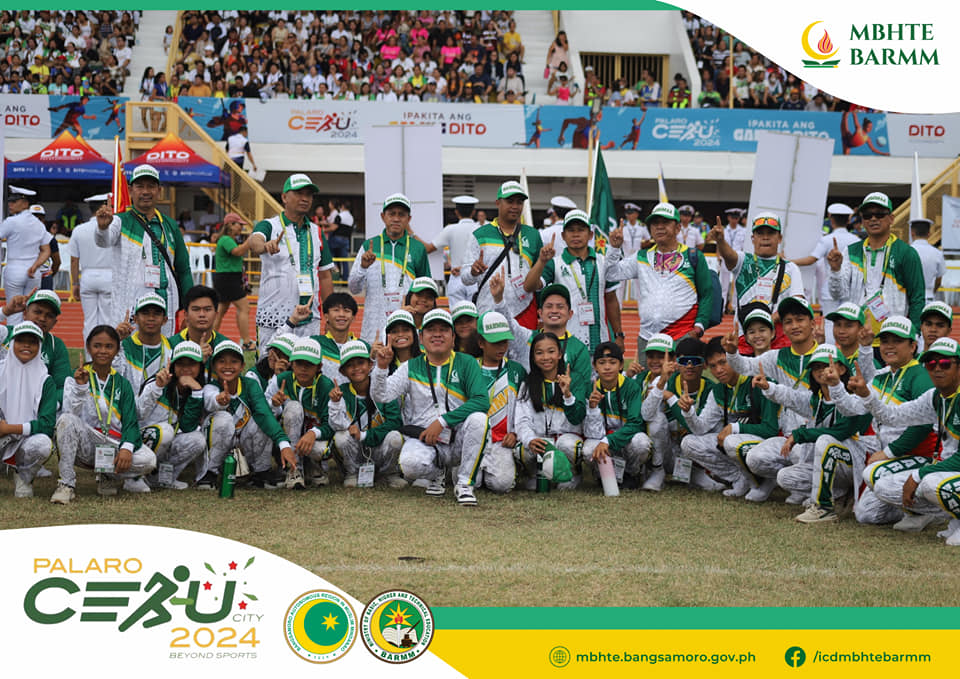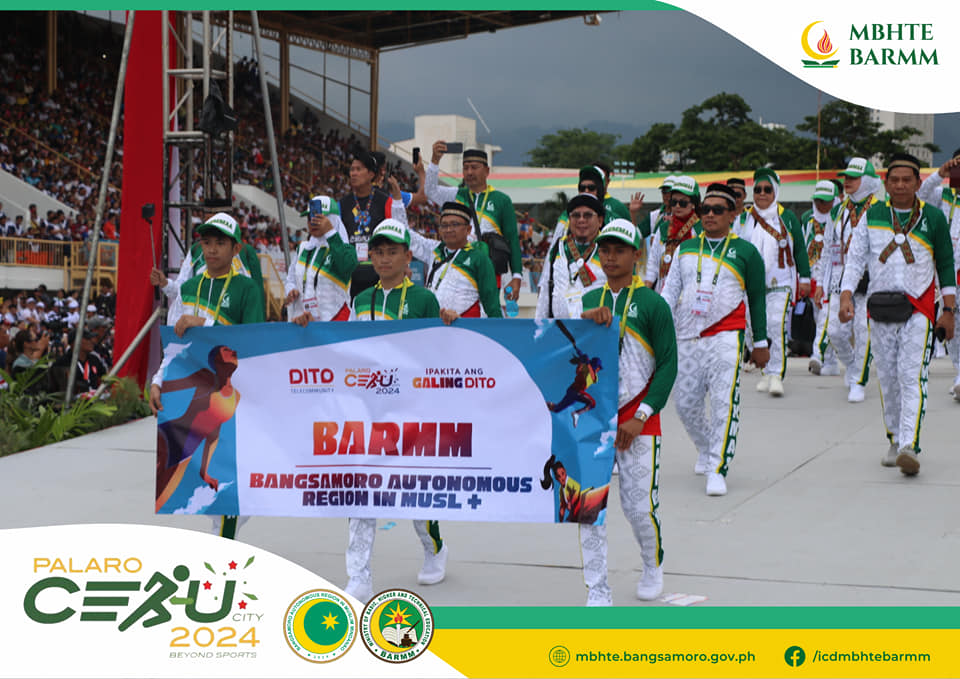June 11 marks the world’s first International Day of Play. As reported by the United Nations, play is considered to have a positive impact on promoting tolerance, resilience, and facilitating social inclusion, conflict prevention, and peacebuilding. The United Nations Convention on the Rights of the Child enshrined play as a fundamental right of every child under Article 31.
In the Bangsamoro region, the Ministry of Basic, Higher and Technical Education Director-General for Basic Education, Abdullah “Junn” P. Salik, Jr., smiles as he recalls fond childhood memories of play while growing up in Upi, Maguindanao. “We played games on the streets during the full moon. We didn’t have electricity or computers, so our games were always outside, even at night when it was cold and dark.”
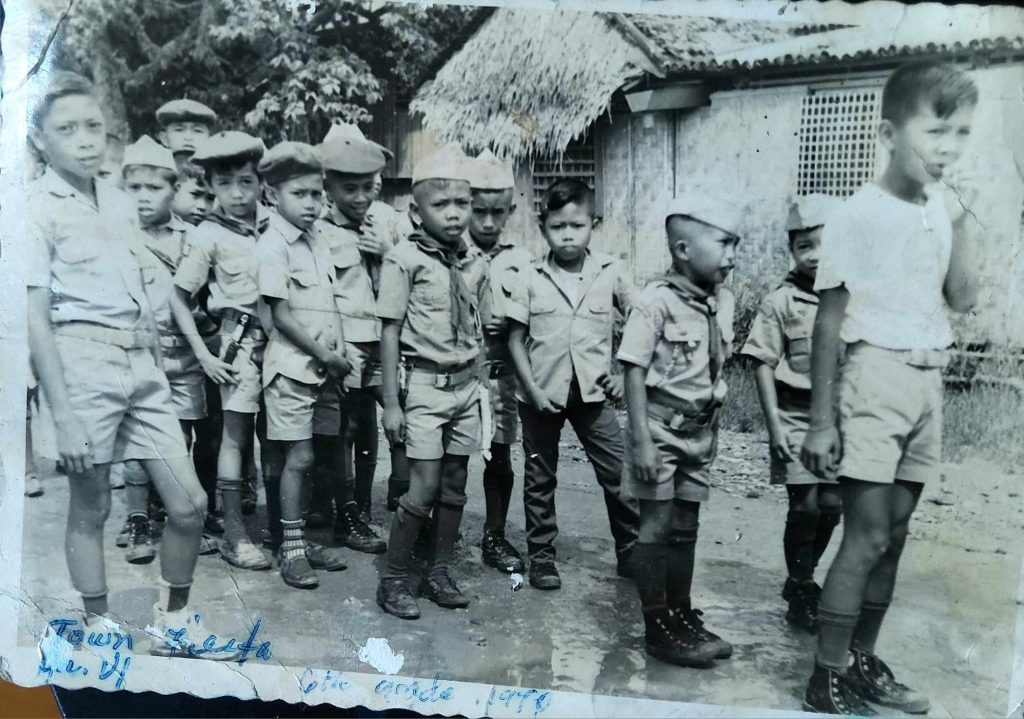
Salik, Jr. chuckles as he describes playing with his own children, pretending to be a ghost or a monster and running after them. As his children progressed in their learning, they would team up and strategise how to avoid him best.
Salik, Jr., now oversees Basic Education, which covers Elementary, Junior, and Senior High schools. The Ministry continues to strengthen quality teaching and learning in Basic Education to increase classroom engagement and support the lives and well-being of the Bangsamoro youth.
Nearly five decades of conflict upended the lives of communities in Southern Philippines, claiming the lives of some 120,000 people before a comprehensive peace agreement was signed in 2014 and the Bangsamoro Autonomous Region in Muslim Mindanao (BARMM) was established in 2019.
To contribute to peacebuilding, the Australian and the Philippine Governments have been working together to provide quality early grades education in the BARMM through the Education Pathways to Peace in Mindanao program. Since 2017, the Program has championed play-based learning and found impressive results inside and outside the classroom.
Under the Program, Teacher Klyssa Mascardo participated in a five-day training and professional development workshop to learn about play-based learning and teaching methodologies that would allow her to better support her students’ strengths and weaknesses.
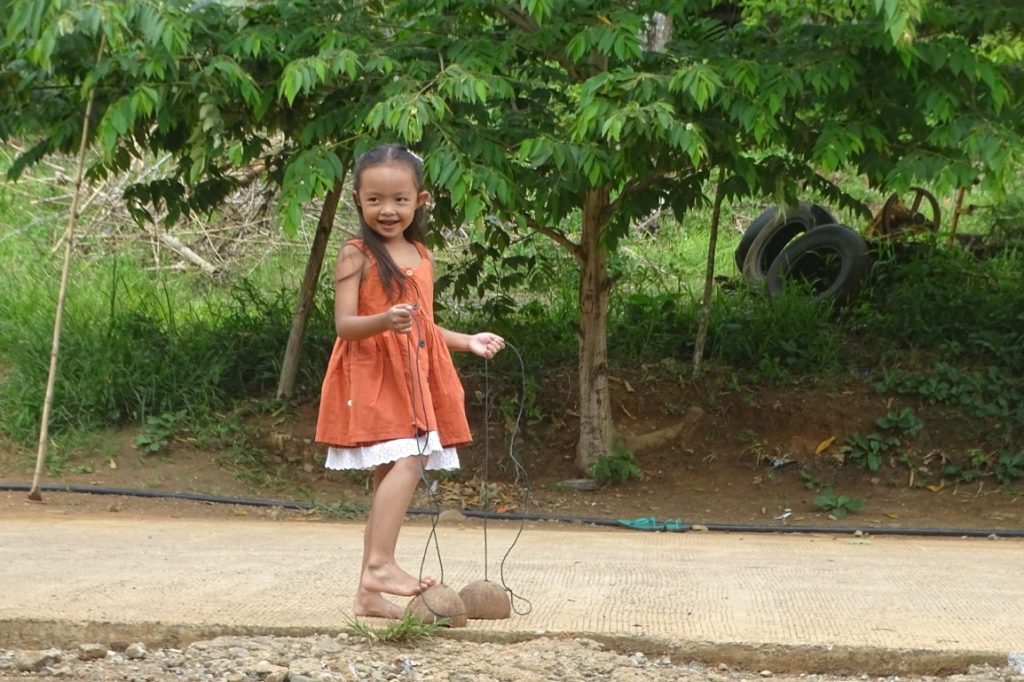
Shortly after returning to the Inclusive and Supportive Centre of Learning Facility at Timanan Central Elementary School, Klyssa started introducing more play-based learning to her students. The Facility supports children with disabilities, Indigenous learners, and those displaced by conflict. It is supported by the Australian Government in partnership with the Ministry.
“I have a seven-year-old learner with traits that are consistent with autism. She has difficulty with speech and movement. Initially, I gave her worksheets so she could do the same work as her classmates, but as time passed, she wouldn’t complete them.”
Guided by what she had learned in the Program workshop, Klyssa introduced manipulative toys, including games, puzzles, and blocks. The girl started to mirror the shapes Klyssa was holding up. By crawling through tubes, she started to gain confidence, and her motor skills improved.
“She can now sit in a chair and hold a pen without assistance. Play-based learning has been so effective – she can learn while having fun,” says Klyssa.
“Some of our students had to leave their homes because of armed conflict. They missed out on opportunities to learn and play.”
The success of the Facility is now being replicated in Muslim schools. Through the Program, Australia and the Ministry are establishing a pilot school and building teachers’ capacity after a series of needs assessment sessions. Dar Al Uloom Wal-Hikmah Institute, Inc. in Tamontaka 1 will be an innovative pilot school from which 25 other Muslim schools can learn.
“Muslim education focuses on the moral values of the learners through character education and play-based learning. For a learner to excel, they need strong interpersonal skills, not just to succeed academically. Through play, children’s social and emotional skills improve, and they can better handle their emotions. Playing with neighbours or classmates builds camaraderie and helps to build resilience and understanding, says program specialist Alih Bato.
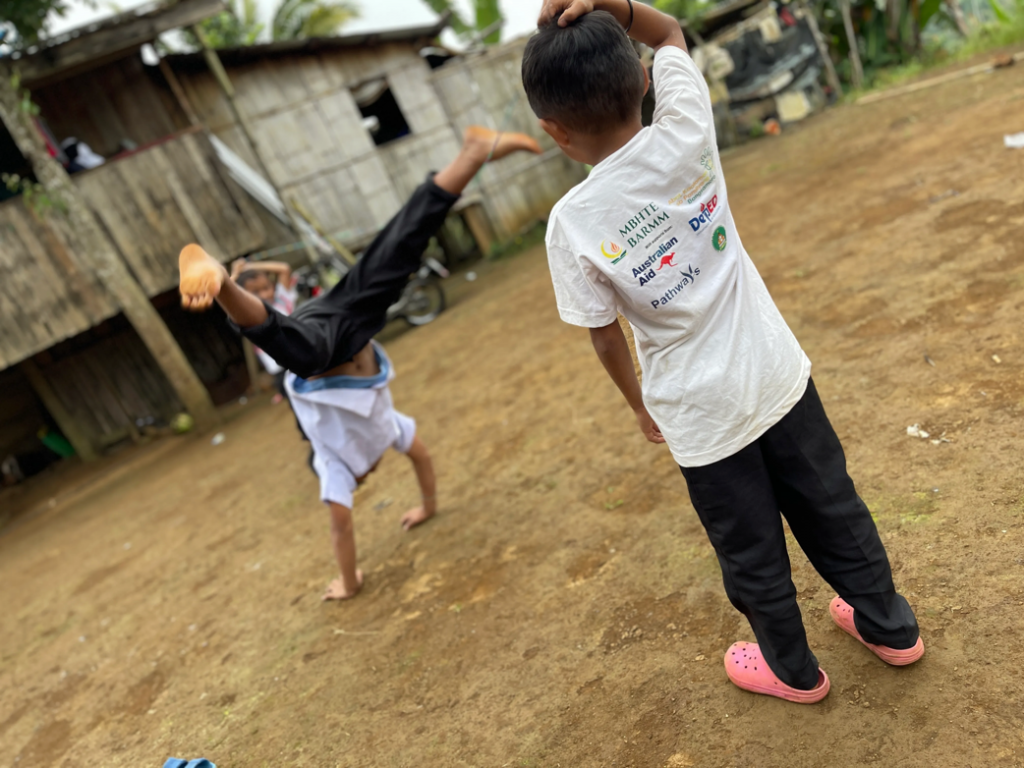
“This International Day of Play, we celebrate all children, including children with disabilities and the most marginalised, and their right to play. Play in school is important because children learn better when having fun. We are grateful to Australia for continuing to support children’s learning and play a key role in the education system in the BARMM,” says Salik, Jr.





